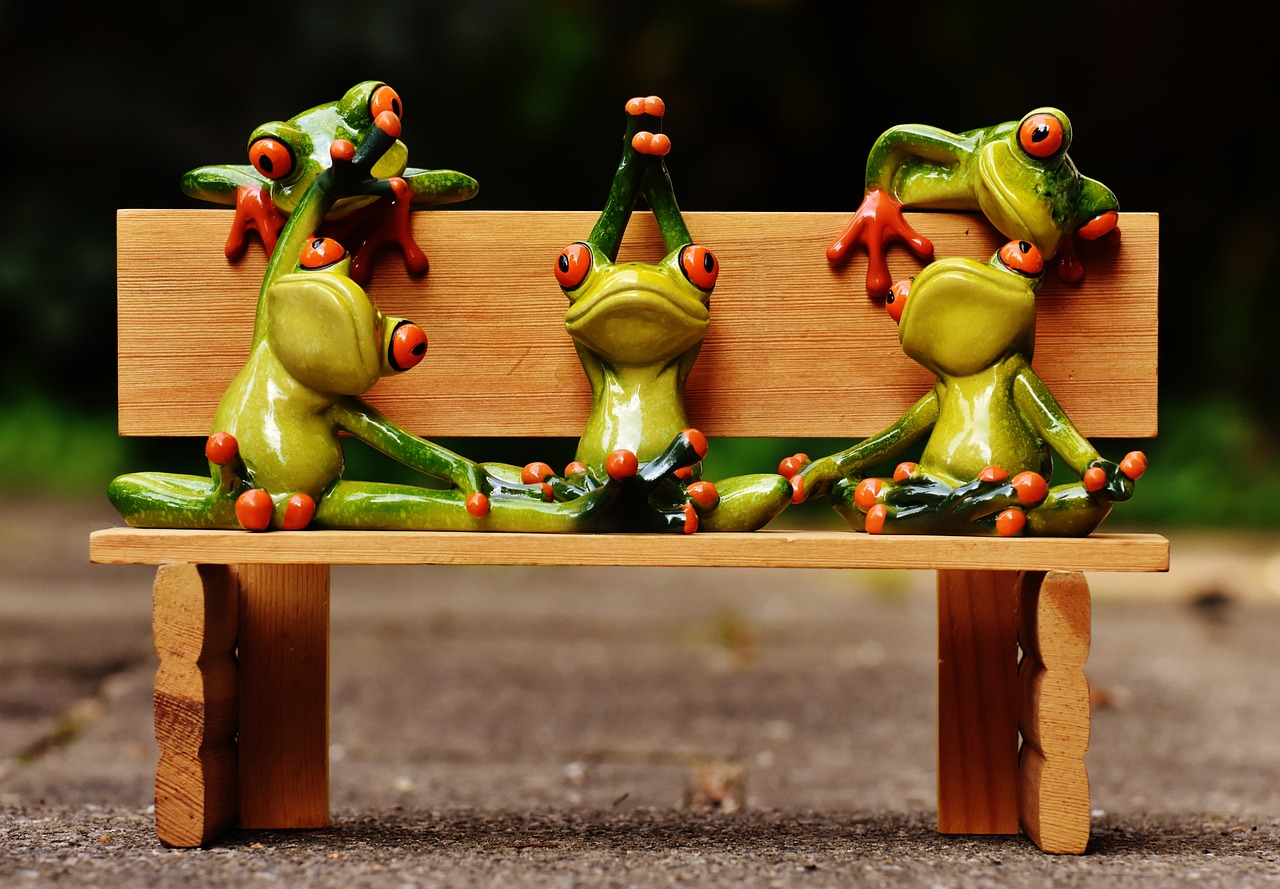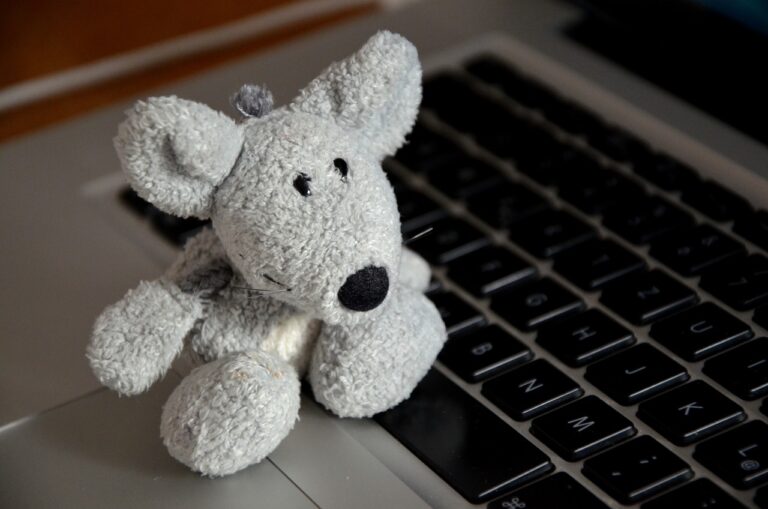The Impact of Historical Reenactments on Historical Scholarship and Research: 11xplay reddy login, Gold365 registration, Skyfair
11xplay reddy login, gold365 registration, skyfair: Historical reenactments have become increasingly popular in recent years, attracting history enthusiasts and scholars alike. These events aim to recreate specific historical periods or events through the use of costumes, props, and sometimes even scripts. While historical reenactments are often seen as simply entertainment or a way to bring history to life, they can actually have a significant impact on historical scholarship and research.
1. Hands-On Learning:
One of the key benefits of historical reenactments is that they provide a hands-on learning experience for participants and viewers alike. By physically engaging with historical artifacts, costumes, and settings, reenactors can gain a deeper understanding of the past than they would from reading a textbook or watching a documentary.
2. Bringing History to Life:
Historical reenactments have the unique ability to bring history to life in a way that traditional research methods cannot. By immersing themselves in a specific time period, reenactors can gain insights into the daily lives, customs, and beliefs of historical figures, helping to paint a more vivid picture of the past.
3. Generating New Research Questions:
Participating in historical reenactments can also spark new research questions and avenues for exploration. By experiencing firsthand the challenges and limitations faced by historical figures, scholars may be motivated to delve deeper into specific aspects of history that have not yet been fully explored.
4. Fostering Collaboration:
Historical reenactments often involve collaboration between historians, archaeologists, costume designers, and actors, creating a multidisciplinary approach to historical research. This collaborative effort can lead to a richer understanding of the past by incorporating expertise from different fields.
5. Challenging Assumptions:
Through the process of historical reenactments, scholars may discover that their preconceived notions about a particular historical event or period were inaccurate. By confronting and challenging these assumptions, researchers can refine their understanding of the past and uncover new insights.
6. Engaging the Public:
Historical reenactments are not only valuable for scholarly research but also for engaging the public in history. By attending reenactment events, individuals of all ages can gain a greater appreciation for the past and develop a curiosity for historical research.
FAQs:
Q: Are historical reenactments considered a reliable source of historical information?
A: While historical reenactments can provide valuable insights into the past, they should be complemented by other research methods, such as archival research and scholarly analysis, to ensure accuracy and reliability.
Q: How can I get involved in historical reenactments?
A: There are many historical reenactment groups and organizations that welcome new members. You can start by researching groups in your area and attending events to get a feel for the hobby before diving in.
In conclusion, historical reenactments play a vital role in enhancing historical scholarship and research by providing a unique perspective on the past. By immersing themselves in historical reenactments, scholars can gain a deeper understanding of history, generate new research questions, and challenge assumptions, ultimately contributing to a more comprehensive and nuanced understanding of the past.







